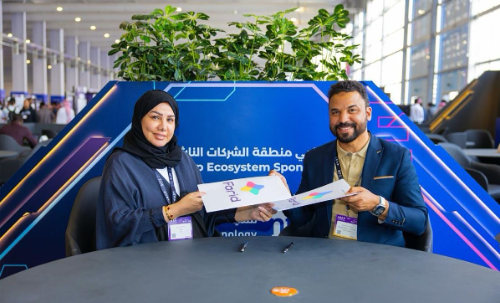Aziz Ansari's Saudi Comedy Gig Sparks Fierce Debate: Kimmel Grills, Burr Roasts Critics

A significant controversy erupted within the comedy world following the Riyadh Comedy Festival, which took place from September 26 to October 9, drawing high-profile American comedians to perform in Saudi Arabia. The event sparked widespread criticism from fellow comedians and public figures who questioned the ethics of performing in a country with a controversial human rights record, while participating comedians offered various defenses for their involvement.
Critics, including prominent comedians like Marc Maron, David Cross, and Zach Woods, lashed out at their colleagues. During an interview on his late-night show, Jimmy Kimmel directly pressed Aziz Ansari, highlighting Saudi Arabia as a “brutal regime” responsible for “horrible, horrible things,” specifically citing the 2018 state-sponsored murder of journalist Jamal Khashoggi. Marc Maron famously quipped that the money for the performances came from “the same guy that paid that guy to bone-saw Jamal Khashoggi.” Atsuko Okatsuka revealed she declined an offer, stating the money came directly from the Crown Prince, who “actively executes journalists, [people with non-lethal] drug offenses, bloggers, etc. w/out due process.” She also pointed to alleged “content restrictions” in the contract, prohibiting jokes about the Saudi government, legal system, or religious customs. David Cross condemned his peers, arguing their participation invalidated any future complaints about “cancel culture” or “freedom of speech.”
Many comedians, however, strongly defended their presence. Bill Burr was particularly vocal, dismissing his critics on the “Conan O’Brien Needs a Friend” podcast with “I don’t give a fuck what all these phony fucking people are saying.” He accused critics of hypocrisy, suggesting they were influenced by bots and lacked geographical knowledge, while stating he had a “mind-blowing” and “overall positive experience” where he “vibed with them and they were funny.” Burr considered it “one of the top three experiences” he’d had, noting “the royals loved the show.”
Aziz Ansari, in his defense to Kimmel, explained that he “put a lot of thought into” the decision, seeking advice from his aunt who had lived in Saudi Arabia. Ansari distinguished between the government and its people, arguing, “There’s people over there that don’t agree with the stuff that the government’s doing, and to ascribe like the worst behavior of the government onto those people, that’s not fair.” He asserted his purpose was “just there to do a show for the people” and expressed hope that comedy could “push things to be more open and to push a dialogue” in a young country where half the population is under 25. He viewed it as a choice to “engage” rather than “isolate,” feeling it was important for him, given his Muslim background, to be part of an event that could foster positive change.
Other performers also weighed in. Louis C.K. called it a “good opportunity” and suggested “comedy is a great way to get in and start talking,” while Dave Chappelle quipped onstage in Saudi Arabia that “It’s easier to talk here than it is in America.” Meanwhile, Shane Gillis took a “principled stand” and declined a “significant bag” to perform, with sources indicating comedian paydays ranged from mid-six-figures up to $1.6 million for a single show. The Riyadh Comedy Festival thus became a flashpoint, highlighting the complex ethical dilemmas faced by artists engaging with controversial international venues and regimes.
You may also like...
When Newspapers Were Morning Prayers

Once upon a time, newspapers weren't just read, they were revered. This nostalgic reflection shows how Africa's morning ...
The Politics of Home: Can The African Diaspora Participate In Africa Governance?
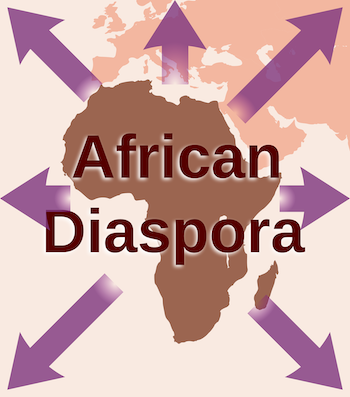
Can Africans in the diaspora truly shape the politics of the nations they left behind? This piece questions the legitima...
Maybe Marriage Isn’t for Everyone, and That’s Okay
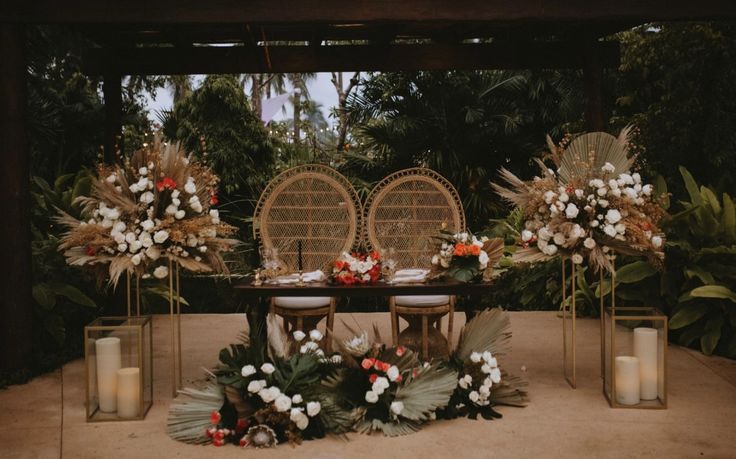
Across Africa, young people are challenging the age-old belief that everyone must marry to be fulfilled. It’s not rebell...
When Hospitality Crosses the Line: Rethinking an Ancient African Tradition
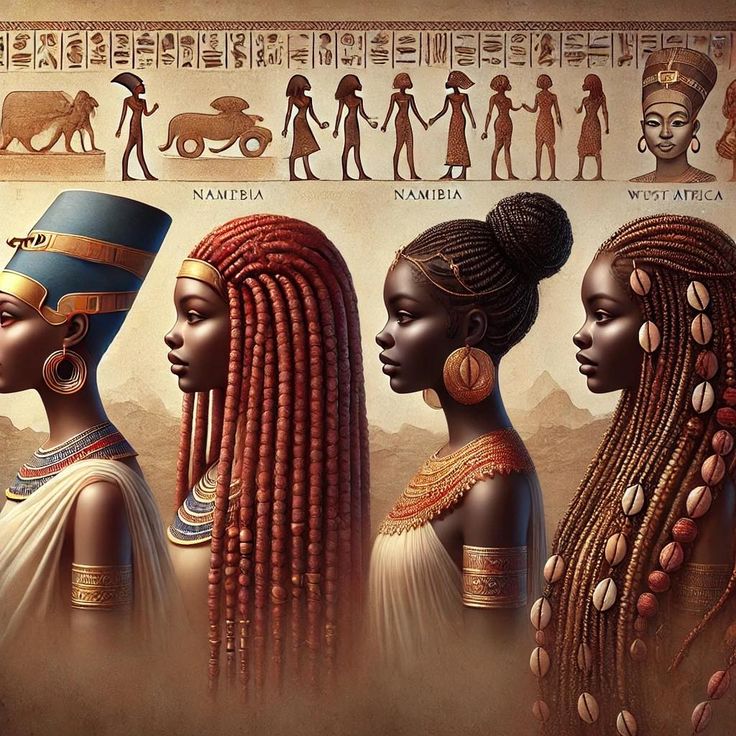
An in-depth exploration of okujepisa omukazendu, a West African Himba custom where hospitality extends to sharing one’s ...
Xania Monet: Is the AI Artist the Future of Music or a Threat to Human Creativity?
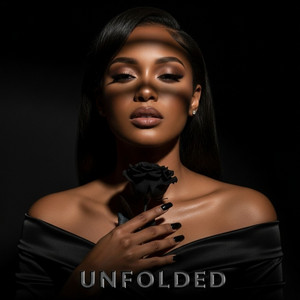
Xania Monet is an AI-generated musical artist with lyrics by Telisha “Nikki” Jones. But is her music the future—or a thr...
If Everyone Wants to Leave Nigeria, Who Will Stay to Fix It?
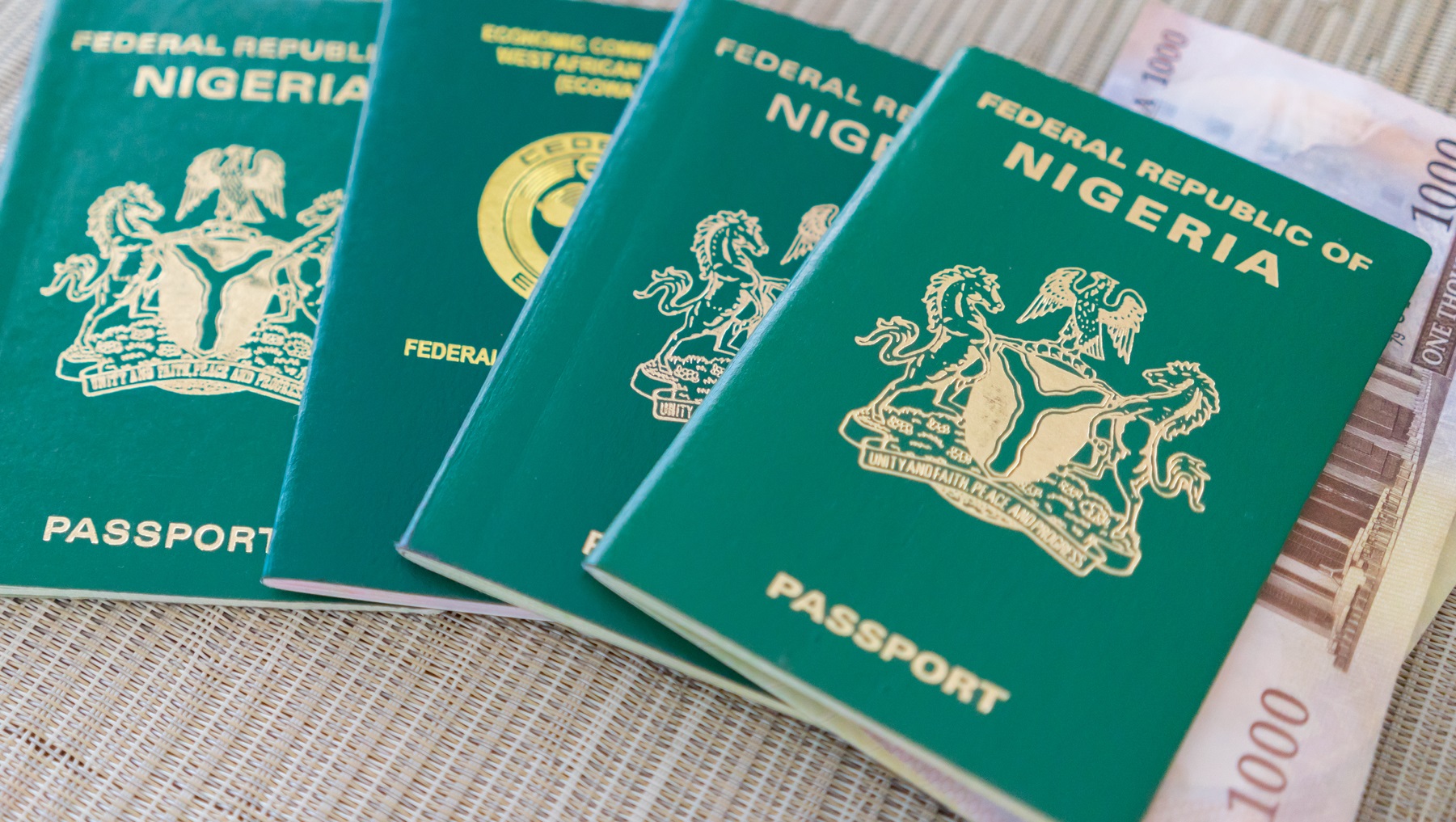
With Nigeria's brightest minds leaving daily, the country risks loosing its future. who will remain to rebuild
U20 World Cup Heartbreak: Nigeria's Flying Eagles Humiliated by Argentina 4-0

Nigeria's U20 World Cup journey ended abruptly with a heavy 4-0 defeat to Argentina in the Round of 16, highlighting a s...
Aziz Ansari's Saudi Comedy Gig Sparks Fierce Debate: Kimmel Grills, Burr Roasts Critics

The Riyadh Comedy Festival ignited a major debate in the comedy community, as prominent American comedians performed in ...

